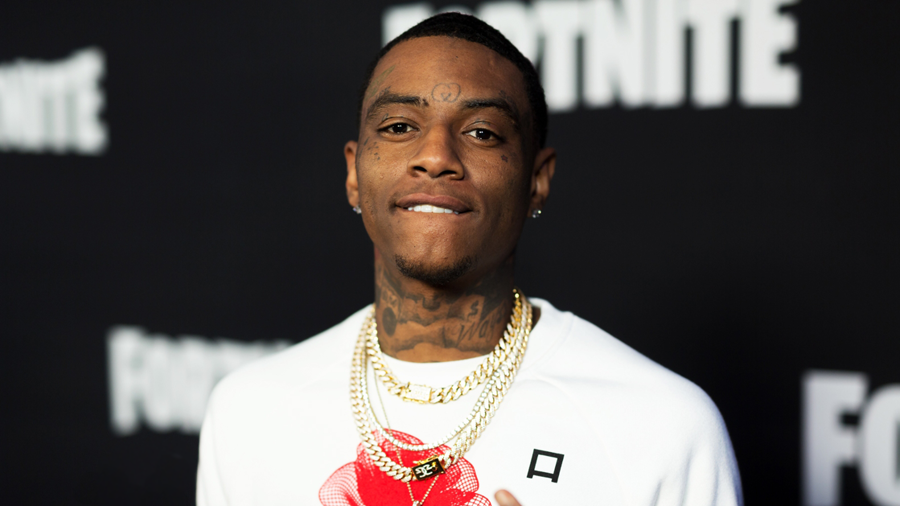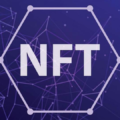Article Reading Time:
2 minutes.

A user under the pseudonym ZachXBT, who studies cryptocurrency schemes, accused American rapper Soulja Boy of promoting fraudulent NFT projects.
As the “online detective” wrote, the musician spent73 promotions and 16 NFT giveaways on Twitter. Among them were RapDoge, Orion, The Life Token, SaferMars, Flokinomics and ParrotsDAO tokens. Many of these projects turned out to be fraudulent, the user claims. Considering that the rapper is a resident of the United States and promotes collectible tokens among local residents, he is obliged to comply with the recommendations of the US Federal Trade Commission (FTC), but ignores them.
ZachXBT mentioned the US Securities and Exchange Commission (SEC) lawsuit against Tron founder Justin Sun for promoting TRX, which also included Soulja Boy.
“Recently, influencers have been praising Soulja Boy for promoting new NFT projects. In fact, he is one of the most unscrupulous promoters in the crypto space,” ZachXBT is outraged.
The user traced that in 2021the musician published a tweet calling for “pumping up” RapDoge tokens to $0.000001. Later, the rapper promoted tokens of other projects, but deleted tweets about them when the startups folded. ZachXBT noted that Soulja Boy attempted to create 9 of his own NFT collections in 2021, but their websites are now unavailable.
In April 2023, SouljaBoy released 7collectible tokens, some of which used Ferrari and Nike logos, the user claims. Within a few hours they were blocked on the OpenSea site for violating intellectual property rights. According to ZachXBT, the rapper continued to create new NFTs, ignoring buyers of previous collections.
According to Morning Consult, about 45%investors are ready to buy crypto assets advertised by famous personalities. Last year, advocacy group Truth in Advertising criticized 19 celebrities for promoting NFTs, saying their actions put investors at risk.





